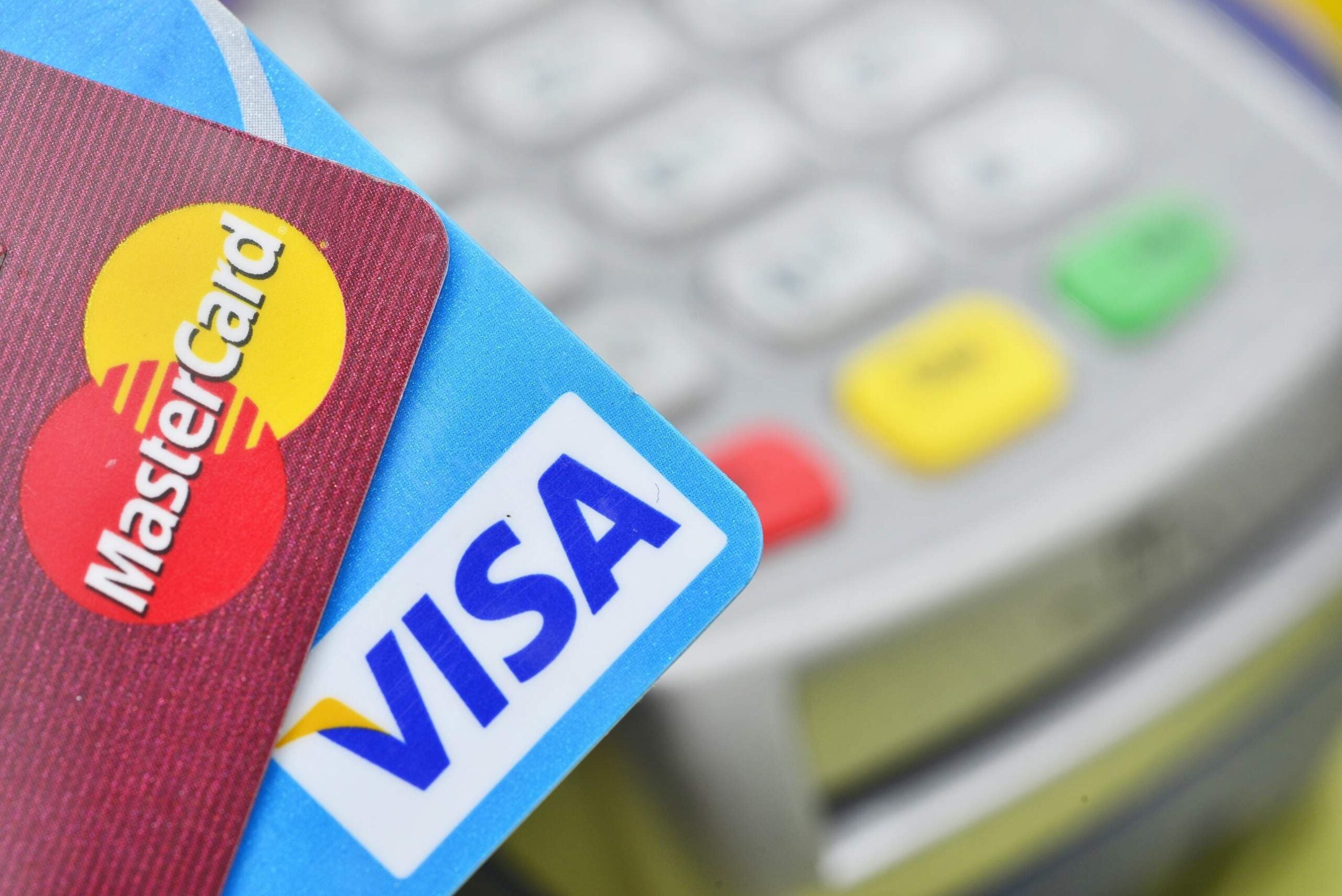
Bank fraud is a growing issue in the UK but consumers aren’t taking the right steps to protect themselves.
According to a report by research agency Populus, 40 percent of consumers have ‘no idea’ what security is currently in place at their bank. This is striking, considering around 5m people have been affected by bank fraud at some point in their lives.
High-profile cyberattacks have led to a rising consumer awareness of fraud. This week, it was revealed that the online dating spin-off from the Guardian newspaper, Guardian Soulmates was hacked and suffered a major data breach. The incident allegedly took place back in November and was confirmed last month.
Also, in April the payday loan lender Wonga suffered a data breach in what was described as one of the biggest data breaches involving financial information in the UK, affecting around 245,000 UK customers.
As a result of incidents such as these, consumers are worried about the security of technology implemented by their banks, yet they are struggling to take basic steps to maintain their own safety online when using internet banking according to Populus.
Gary Muncaster, managing director of business and consumer insight at Populus said:
“Online safety, especially when it comes to our finances, is a serious concern for many consumers. Banks have a major role to play in advising customers as to how best to keep their money safe, whilst there is room for improvement with the way consumers handle their account details. Vigilance across the board will help both banks and customers ensure their money is as safe as possible from online threats.”
Here are five ways to remain secure when using internet banking
1. Don’t let your web browser remember your password
Around 32 percent of UK customers do this and it isn’t recommended for good online safety.
2. Use different passwords for different accounts
If you use the same password for different accounts, like 29 percent of people, if one account is compromised in a data breach it may open your other accounts up to fraud.
3. Only access your bank account on wifi networks you know and trust
You can’t always be sure if a public wifi network is secure, particularly when you are using internet banking. If you use a browser such as Mozilla Firefox or Google Chrome there will often be a symbol in the URL box such as a padlock or an exclamation point to warn you if a website is secure or not.
4. Don’t put card details into websites you don’t know and trust
Around 10 percent of UK consumers have admitted to doing this. This is similar to checking if a public wifi network is secure. Look out for symbols in the URL box – if there isn’t a padlock next to the URL it probably won’t be safe to input your card details. When purchasing online, systems such as PayPal can be an extra layer of security between you and seller.
5. Choose a bank which you know and feel secure with
Out of all the people surveyed by Populus, it was found that Nationwide, Natwest and TSB were the top three banks that consumers believed were being the most proactive about their security. This is because these banks were recognised as advising customers how to avoid scams and encouraging the use of security software when banking online.
TSB’s director of financial crime, fraud and underwriting, Jim Winters, told Verdict:
“We’re dedicated to protecting our customers’ accounts and work really hard to make sure they don’t become a victim of fraud, whether they bank with us in-branch, online or via the telephone. Fraudsters can be very clever, which is why we have a complex and multi-layered anti-fraud framework in place.
“We are also supporting the Take Five campaign, which encourages customers to take five minutes to stop and think before acting on suspicious instructions. People are generally trusting of others, but it’s important to not assume an email, text or phone call is authentic. So if you’re ever unsure, listen to your instincts and don’t be rushed, and call us first to be sure.”







